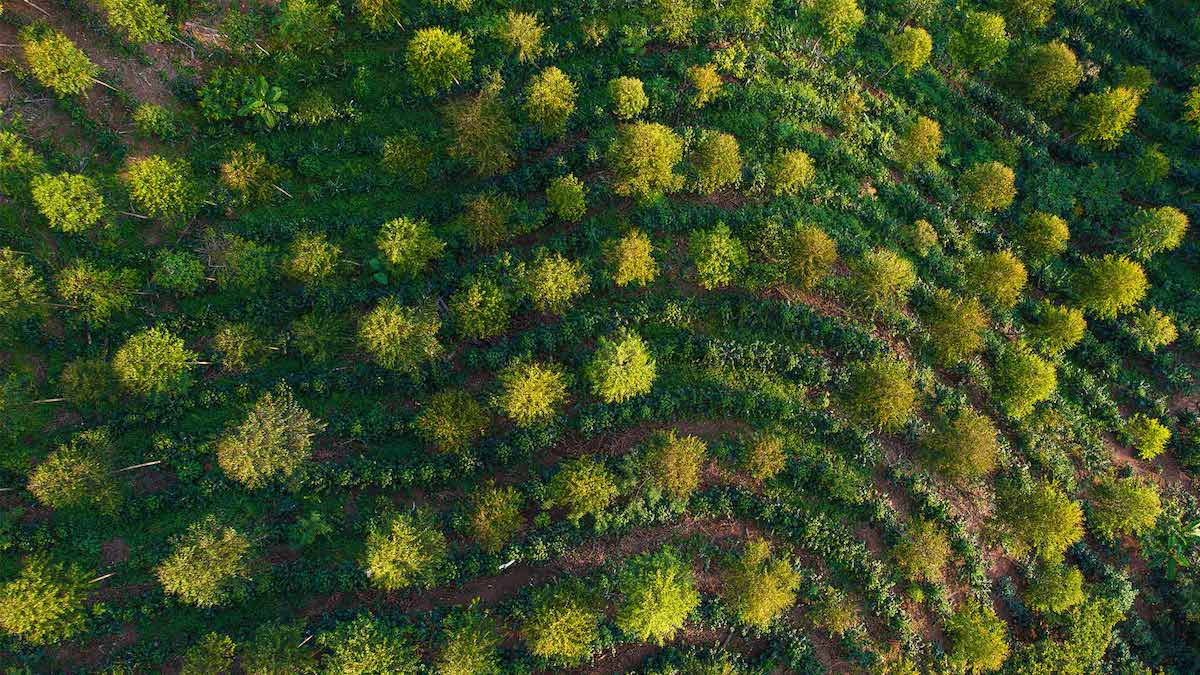Solidaridad promotes Global Forest Watch in Peru.
Peruvian cocoa is a rising star within the chocolate industry. According to the report, Cacao, Bosques y Diversidad: Cacao Peruano 2023, from the Coalition for Sustainable Production, prepared by Solidaridad with the support of the Tropical Forest Alliance, cocoa exports from Peru have grown at a rate of 6.2 percent per year in the last five years, which is faster than the world average of 4.5 percent. However, new regulations in international markets are requiring that agricultural commodities, like cocoa, comply with deforestation and due diligence rules.
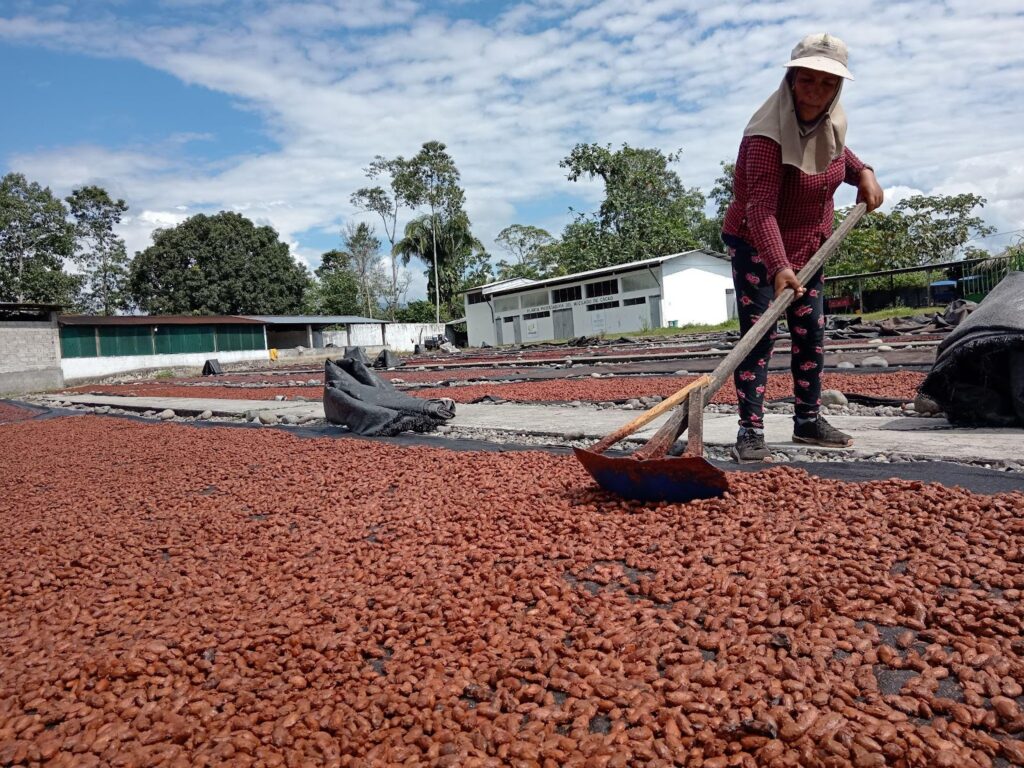
According to figures from the Ministry of Agriculture and Irrigation of Peru, it is estimated that over 100,000 families are involved in cocoa production, and global demand for Peruvian chocolate could reach 7.2 million tons in the next ten years. If farmers cannot meet the requirements of the new European Union regulation on deforestation, there is a risk that they will turn to illegal crops, such as coca.
What is the European Union (EU) regulation on deforestation?
The latest Food and Agriculture Organization (FAO) publication on The World’s State of Forests shows that 10 million hectares of forest cover was lost per year between 2015 and 2020. Growing global demand for agricultural commodities drives much of the world’s deforestation as farmers and companies clear land to earn a living. Between 2000 and 2018, more than 50 percent of deforested land was converted into cropland, while almost 40 percent was used for pasture.
New ‘no deforestation’ regulations from the European Union (EU) come into effect in 2023 that aim to ban imports of agricultural products linked to deforestation and forest degradation. This includes cocoa, coffee, palm oil, soybeans, timber, meat, and their by-products.
This is another step in the fight against deforestation and adds to a growing number of international agreements and private sector initiatives designed to encourage sustainable agricultural practices.
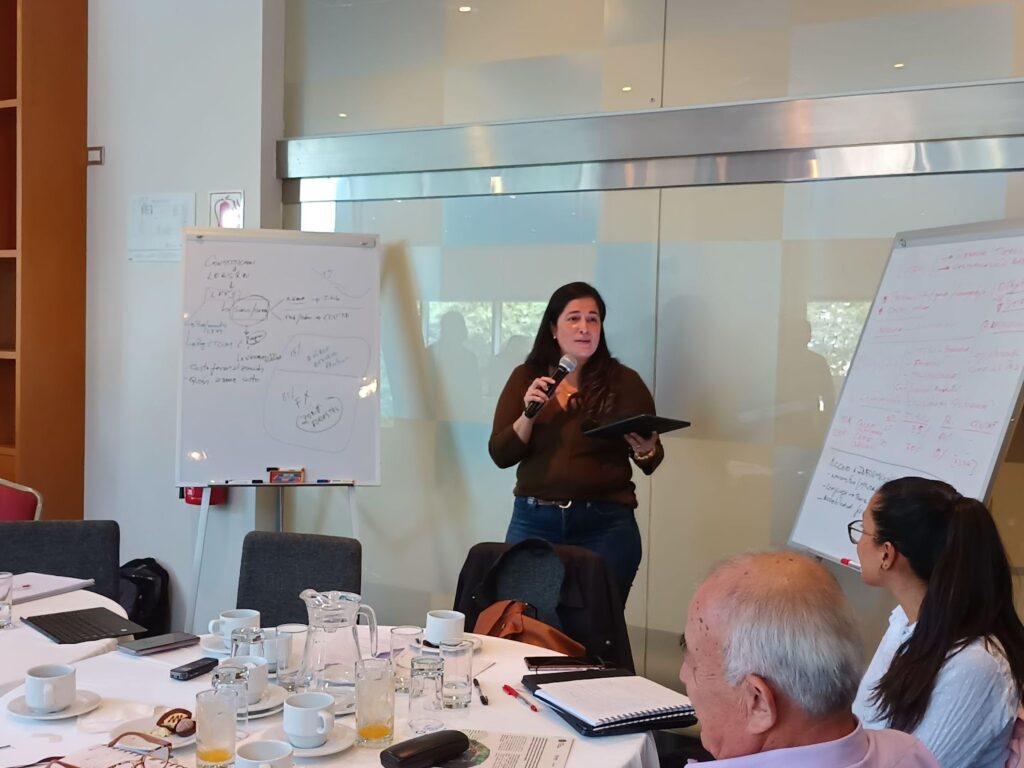
What is the Coalition for Sustainable Production?
The Coalition for Sustainable Production emerged within this framework in 2019. It is a multi-stakeholder platform that promotes sustainable production in value chains and jurisdictions. It brings together nearly 50 organizations from the private, public, and civil society sectors, including Solidaridad.
The Coalition articulates important sectoral initiatives, among which the Cocoa Forests and Diversity Agreement stands out.

Solidaridad is responsible for the technical secretariat of the Agreement, which prioritizes the adaptation of the Peruvian cocoa sector to current and future regulations regarding deforestation.
Ada Lis Rosell Villavicencio, manager of Solidaridad in Peru, emphasizes that compliance with the new European legislation requires a coordinated effort between the Peruvian government, the private sector, and civil society. This collaboration is crucial to minimize potentially negative impacts on small-scale producers, who may be compelled to engage in alternative activities that could contribute to further deforestation.
Villavicencio also states that the new measures can be seen as an opportunity, if national authorities prioritize this change. “The challenge of complying with the norm is significant due to gaps and requirements in Peruvian law that are difficult to fulfill. There are sustainable producers, but currently they are unable to prove that they have not deforested.”
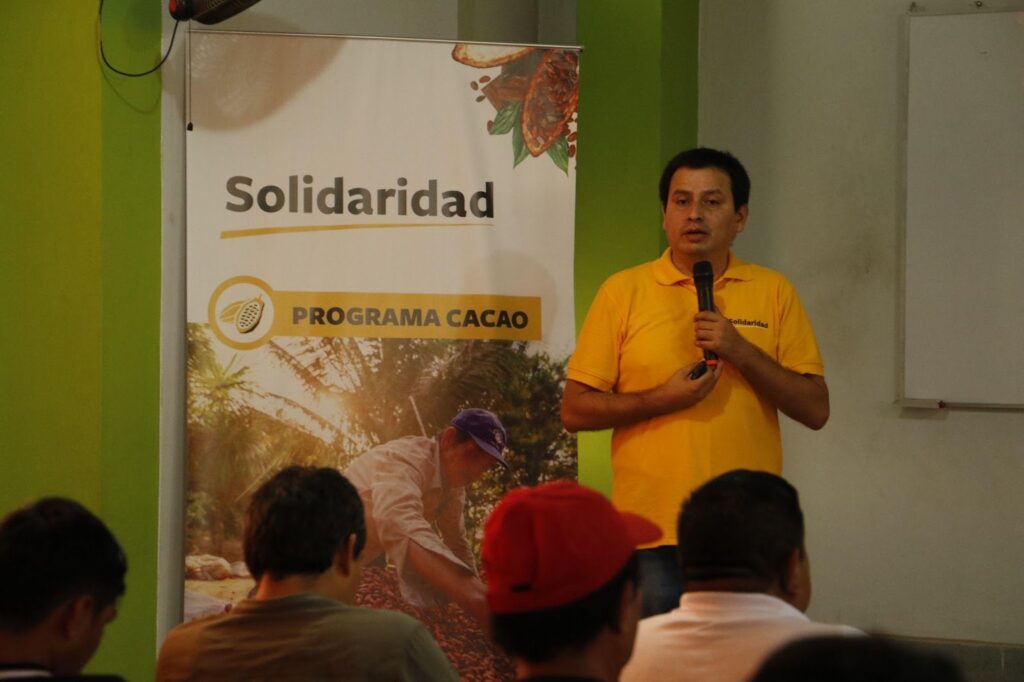
To help support the transition to upcoming regulations, Solidaridad promotes climate-smart models and uses geo-referencing and monitoring tools. A timeline of the recent efforts:
Efforts contributed by Solidaridad and partner organizations
| 2021 | Launch of the Cocoa Forests and Diversity Agreement |
| 2022 | Action plan of the Cocoa Forests and Diversity Agreement reached with the Peruvian cocoa sector |
| 2023 | Workshop to collect inputs on the impacts of the European Union regulation on the coffee value chain for study under development by Solidaridad and Fair and Sustainable Consulting |
| 2023 | Cocoa, Forests and Diversity Agreement updates its action plan to 2026 |
| 2023 | Farm georeferencing tool to monitor forest and “purma” ( vegetation growing after chopping down trees.) cover using sentinel-2 images on coffee farms |
| 2023 | Inauguration of the cocoa program in San Martin, to promote climate-smart cocoa with environmental, social and financial benefits for producers. |
| 2023 | Solidaridad, Proforest, TFA and GIZ within the framework of the Coalition hold training workshops on Global Forest Watch, an interactive online forest monitoring and alert system. |
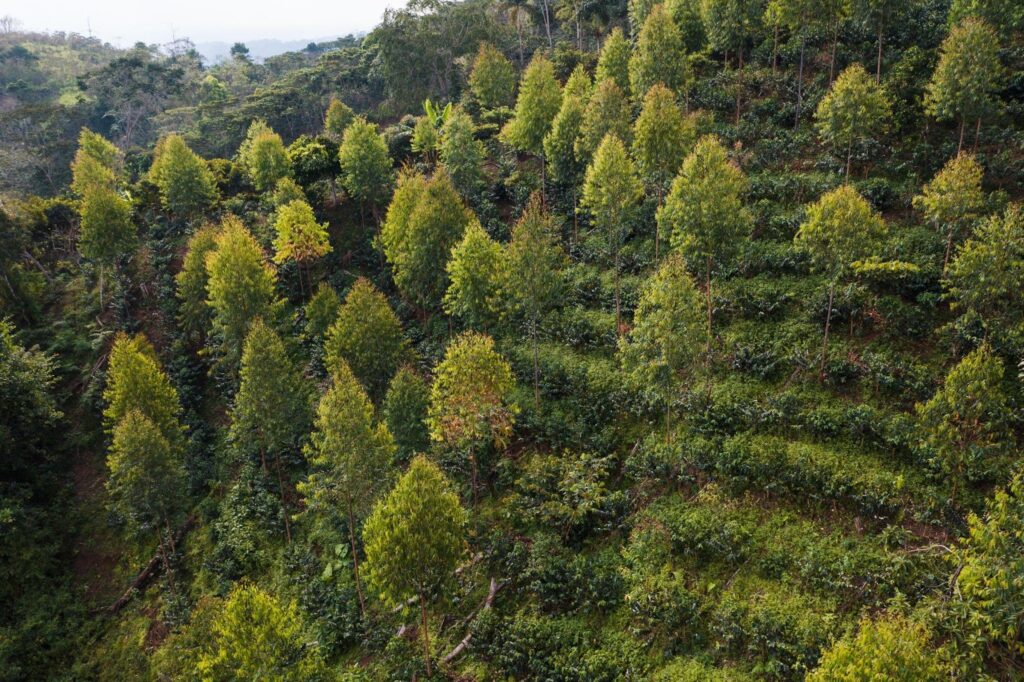
One of the main challenges addressed in the Coalition’s Cocoa Forests and Diversity Agreement is the lack of formal land tenure for cultivation. This poses a barrier to geo-referencing, which is one of the requirements of the new European Union regulations. Solidaridad has started promoting the assignment of in-use contracts for cocoa farmers in San Martin to encourage the adoption of agroforestry systems. These systems involve the cultivation of cocoa alongside timber trees, with the aim of preserving the remaining native forests.
Likewise, Solidaridad conducted a pilot project to monitor primary and secondary forests on coffee farms using satellite images from Sentinel-2. These images have a spatial resolution of up to 10 meters, which makes it possible to demonstrate whether or not small producers are conserving their forests. The project was validated by the National Forest Program of Peru.
In a collaborative effort, the Coalition for Sustainable Production and other organizations are also providing training to government officials, producers, companies, and civil society on the use of georeferencing tools, such as the Global Forest Watch Pro.
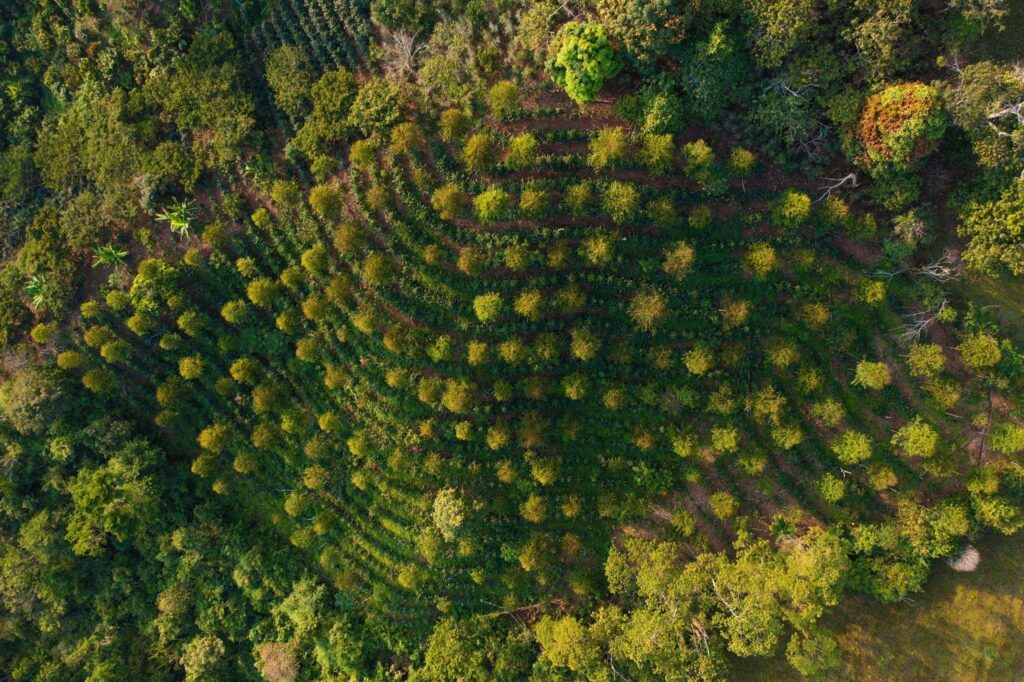
Solidaridad is committed to its innovative work to support the Peruvian cocoa industry. As we respond to new global initiatives, like the EU regulations on deforestation, our collaboration with local stakeholders and the innovative use of new technologies will ensure a sustainable future for Peruvian cocoa producers, while conserving and sustaining important Peruvian forests.

